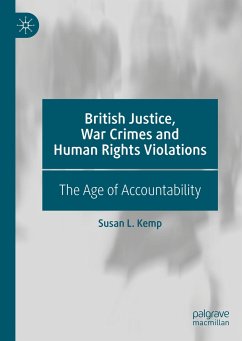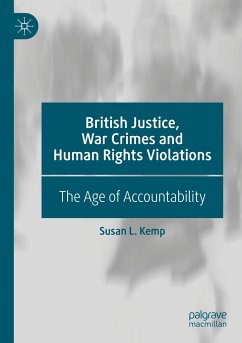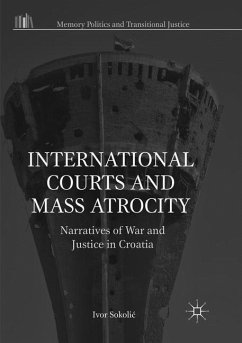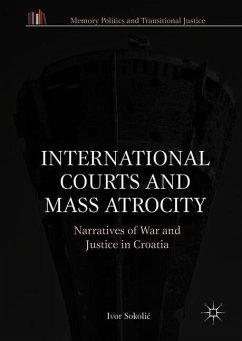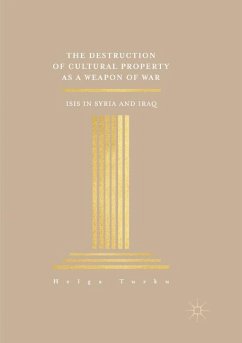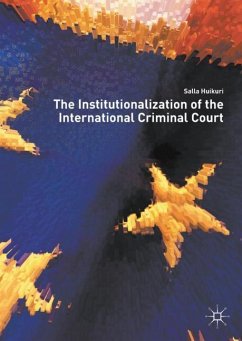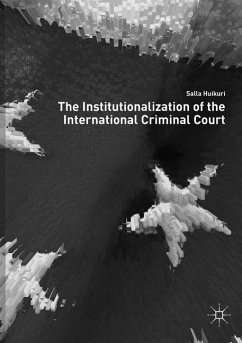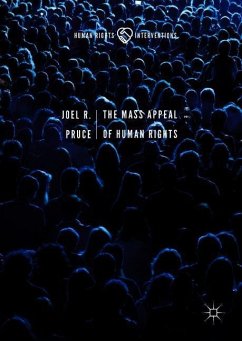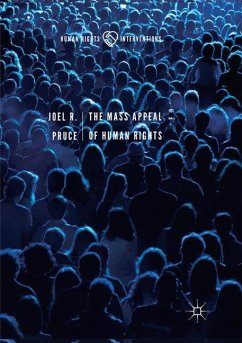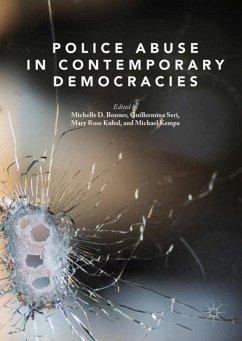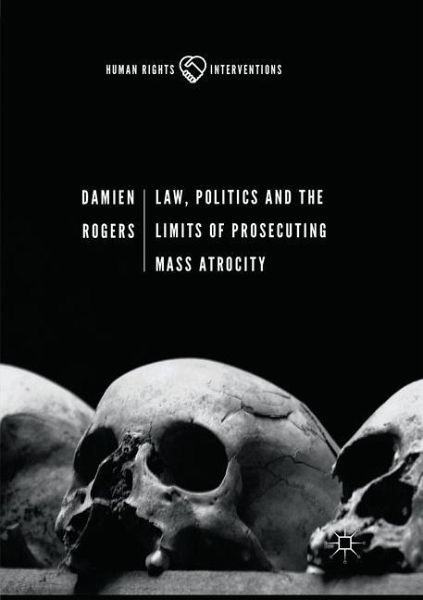
Law, Politics and the Limits of Prosecuting Mass Atrocity
Versandkostenfrei!
Versandfertig in 6-10 Tagen
76,99 €
inkl. MwSt.
Weitere Ausgaben:

PAYBACK Punkte
38 °P sammeln!
This book offers a unique and powerful critique of the quest for international criminal justice. It explores the efforts of three successive generations of international prosecutors, recognising the vital roles they play in the enforcement of international criminal law. By critically examining prosecutorial performance during the pre-trial and trial phases, the volume argues that these prosecutors are simultaneously political actors serving in the interests of economic liberalisation. It also posits that international prosecutors help wage a mostly silent and largely unacknowledged politico-cu...
This book offers a unique and powerful critique of the quest for international criminal justice. It explores the efforts of three successive generations of international prosecutors, recognising the vital roles they play in the enforcement of international criminal law. By critically examining prosecutorial performance during the pre-trial and trial phases, the volume argues that these prosecutors are simultaneously political actors serving in the interests of economic liberalisation. It also posits that international prosecutors help wage a mostly silent and largely unacknowledged politico-cultural war fought for control over the institutions governing modernist international affairs. As the author contends, international prosecutors are thus best understood as agents not only of the law and politics, but also of a war fought by proponents of various utopian projects.



